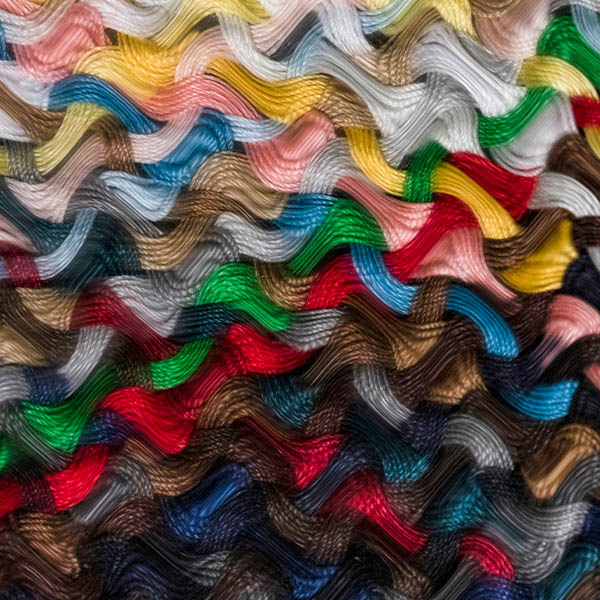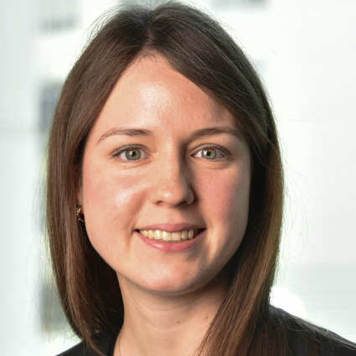A green chemistry solution to give discarded fabric a second chance and salvage their dyes.
Overview
Common, everyday recyclables include drinks cans, newspapers and end-of-life textiles. Colour – in the form of dyes – seems like an impossible recycling challenge.
DyeRecycle uses green chemistry to give discarded fabric a second chance and salvages their dyes – enabling the colour from an old garment to be extracted, revived and used to dye new fabrics.
Challenge addressed
The presence of dyes in textile waste is a key barrier to effective textile recycling. Current large-scale mechanical fibre recycling practices either:
- sort and process garments based on colour so that the final product has the same shade as the initial colour; or
- mix and process the garments so that the final produced fibre is grey or brown
Both approaches necessitate a subsequent dyeing step to a darker shade to achieve an even colour in the final product.
Chemical fibre recycling requires strictly dye-free input fibres to avoid contamination of the final product. Decolourisation in this process uses conventional bleaching chemicals, which have low environmental credentials.
New approaches are needed to increase the operational flexibility of fibre recyclers, reduce capital expenditure, and limit environmental impacts.
Technology overview
DyeRecycle has developed a technology solution that offers a unique low-cost circular model for the extraction, recovery and recycling of dyes from textile waste.
A green chemical solvent selectively extracts the dyes from waste fibres, leaving a decoloured fibre as a clean, dye-free input appropriate for mechanical and chemical fibre recyclers.
Uniquely, the dye-rich chemical (following extraction) can be used as a dye bath to recolour new fabrics, or the dye can be extracted and sold on. This is the first technology to introduce the concept of recycled synthetic dyes.
Recycled existing dyes will enable the provision of a wide variety of vibrant colours that meet market demand while maintaining industry standards. Currently, the sustainable dyes market is composed of several start-ups that aim to commercialise microbial dyes, engineered microbial dyes, bio-based dyes or supercritical dyeing processes.
DyeRecycle creates a new category of circular dyes – recycled synthetic dyes. A clear advantage of this category compared to other novel sustainable dyeing solutions is ease of implementation, as recycled synthetic dyes can be readily adopted by fabric dyers with no new processes or specialised equipment required.
Benefits
- Enables recycling of dyes – previously not achievable
- Recycled synthetic dyes can be adopted by fabric dyers with no new equipment or processes
- Capital expenditure and waste management costs reduced for fibre recyclers
Applications
- Decolourisation of polyester fibres for effective fibre-to-fibre recycling
- Creating new category of sustainable dyes i.e. recycled synthetic dyes
- Integrated green chemistry approaches for selective fibre decolourisation and recycling existing dyes
- Reduction in use of volatile bleaching chemicals in fibre recycling process
Spinout company
The technology inventors are commercialising their low-cost, circular process for the extraction, recovery and recycling of dyes from textile waste through a spinout company, DyeRecycle.
DyeRecycle has been recognized for its potentially transformative technology through the H&M Foundation, receiving a Global Change Award worth €200,000. DyeRecycle will also join the year-long Global Change Award Impact Accelerator programme, which aims to provide the tools, connections and resources needed for the rapid scale-up of early-stage innovations.



